Description
Applied Movement Neurology Academy – Tier 3 Courses – Level 1 Certification – Posture Coordination Cerebellum
At AMN Academy, we’ve been building a movement of Trainers and Therapists all over the world who want to understand the complexities of the Human Organism in a more meaningful way. Practitioners who look at their clients and patients as the sum of their parts, not as a bunch of independent systems, to be treated individually.
Our Practitioners are changing lives, day-in and day-out as STANDARD PRACTICE. They’re helping people who have tried it all, and lost hope. They’re helping people who had all but given up after being told there was nothing that could be done for them. They’re helping people who have been living with pain and disfunction for years, and in some cases decades.
It’s common for their clients to call them ‘Miracle Workers’, ‘Jedi’, ‘Magic men and women’ because they’d given up hope of ever getting better.
But when you understand the science and art that is Applied Movement Neurology, you gain an understanding of the body from a perspective that allows you to see things in an entirely different light.It allows you to tap into the most complex and sophisticated structure in the known universe, and find out what’s happening in the body in such detail you will be amazed, your clients will be astonished and you’ll be changing lives as part of your every day routine
Level 1 Is Comprised of 3 Main Parts…
Part 1 – Posture: Vestibular Somatic Integration
This course starts out by giving you a comprehensive understanding of the different cortices of the brain, along with the anatomical knowledge of the nervous system and functional zones of the Cerebellum that you’ll need to master the AMN Material. From this basis we look at Posture from the Neurological and Reflexive perspective, providing instantly applicable, practical skills. Posture is a dynamic process largely controlled below conscious awareness. Maintaining good posture is easy while we’re stationary and thinking about it…But what happens when you start to try and move, or your attention is focused on something else? Improving someone’s ability to hold themselves upright needs to be approached by addressing the reflexes that keep our extensors ‘switched on’.
We’ll teach you how to assess the spine, in a quick and easy way and then how to fire the specific reflexes needed to establish good posture.
Part 2 – Coordination
In the second section of this course we look at why some people seem to be unable to effectively coordinate themselves during complex movement.
Contrary to popular belief, being uncoordinated isn’t a fixed trait. By stimulating certain visual-stream pathways with light stimulus, and then providing a person with movements designed to challenge their coordination, we’re able to help people unlock their potential to move in a more coordinated manner.
This has huge implications in reducing the risk of injury and in somebody’s enjoyment of the experience of training and movement
Part 3 – Cerebellum : Rate, Rhythm, Force & Accuracy
Having already familiarised yourself with muscle testing, light touch and the use of bioelectricity, we introduce the use of functional neurological stimulation, in the form of movement and specific drills. Through precise movement based assessment you’ll learn how to determine which areas of the Cerebellum have faulty output and we’ll equip you with the tools you need to provide the appropriate input.
Mastery of this section will allow you to improve things like muscle recruitment, muscular imbalance, the accuracy of movement, balance in general and much more.
You’ll also learn how to use the eyes, inner ear and integrated reflexes to rapidly influence the motor system.
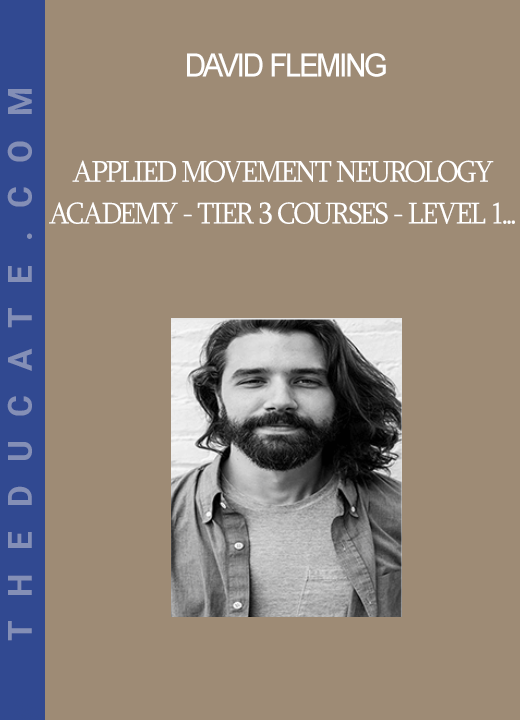


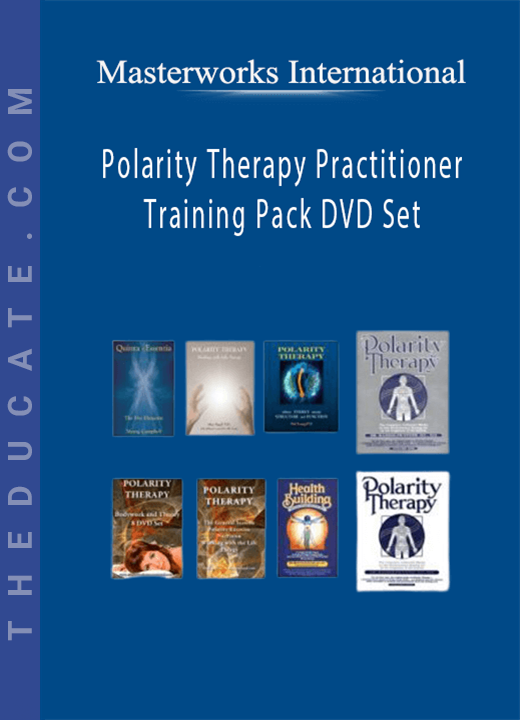
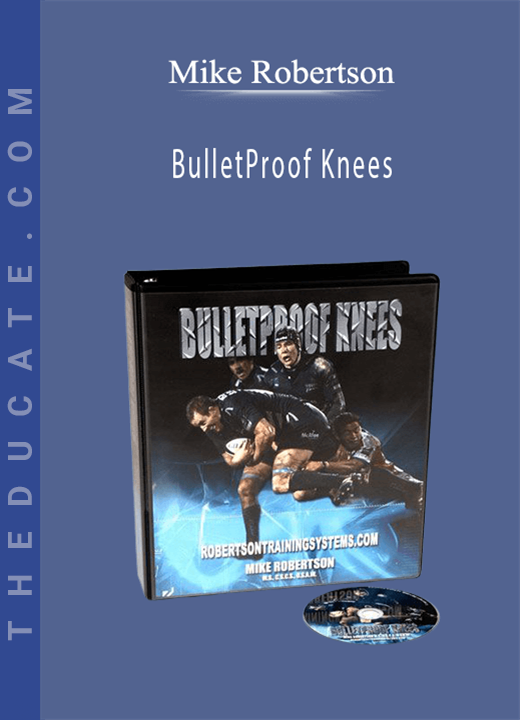
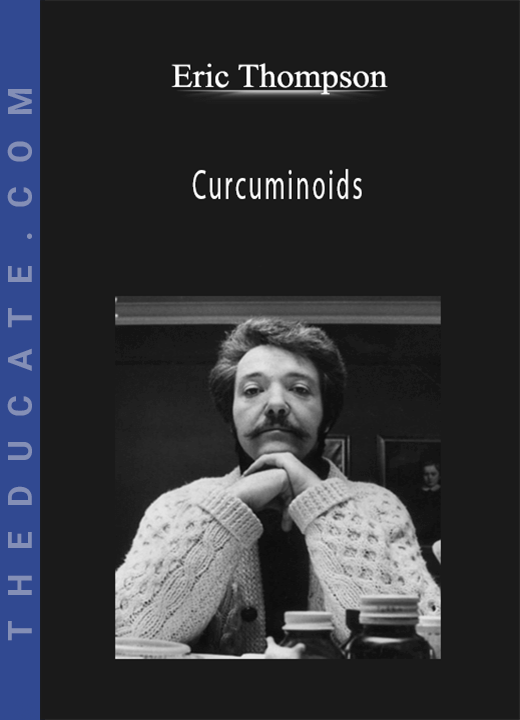
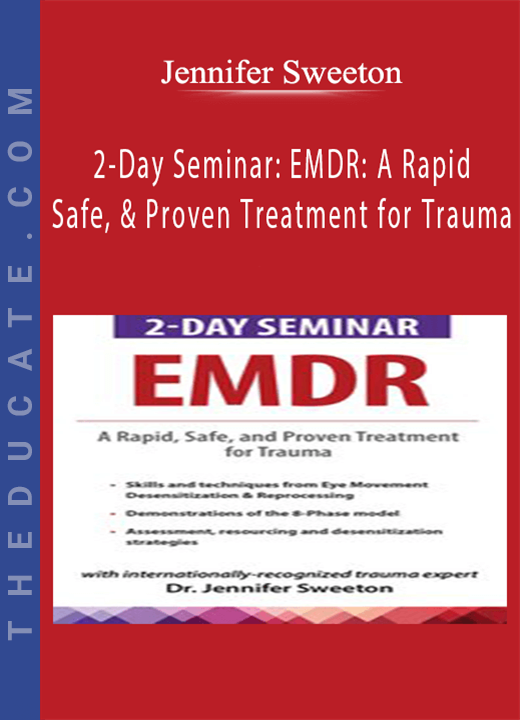
Reviews
There are no reviews yet.